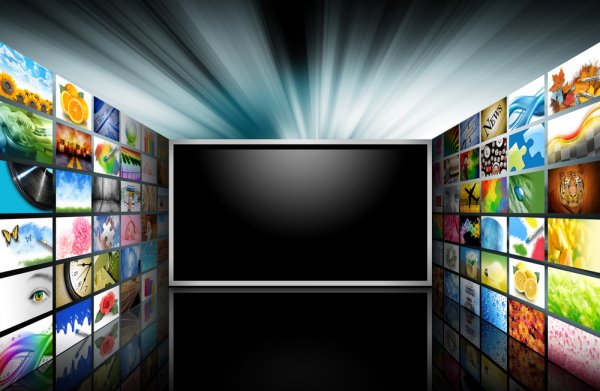An independent analysis commissioned by Bupa has found significant use of negative mental health descriptors on television with almost half of mentions found to be dismissive, humorous or mocking.
The analysis examined over 30 hours of programming (52 episodes) aimed at teenagers and found that mental health descriptors including “crazy”, “mad”, “psycho” “depressed” and “insane” were used, on average, twice an episode.
According to the latest Black Dog Institute and Mission Australia Youth Report, almost one-quarter of young Australians experience psychological distress.
Dr Zoe Wainer, Head of Public Health at Bupa, said negative perceptions can deter young people from coming forward with concerns leading to treatment and diagnosis delays.
“While featuring mental health in popular culture can build awareness, inaccurate representation could be creating negative stigmas and misconceptions of serious conditions,” said Dr Wainer.
“Early diagnosis and access to treatment improves the long-term prognosis of mental health conditions, so it is essential that young people are supported so they feel comfortable talking about their worries.”
Bupa said it offers a dedicated mental health telephone support line that is available 24/7 for its members with family hospital cover.
As part of the service, a counsellor works with parents to identify a child’s needs, and then guide them through the next best steps to take.
This could include a needs assessment, options for clinical services, or further information on specific mental health conditions. After the call, parents will also receive an email with the referral information provided during the call, which parents can refer back to after the call has ended.
